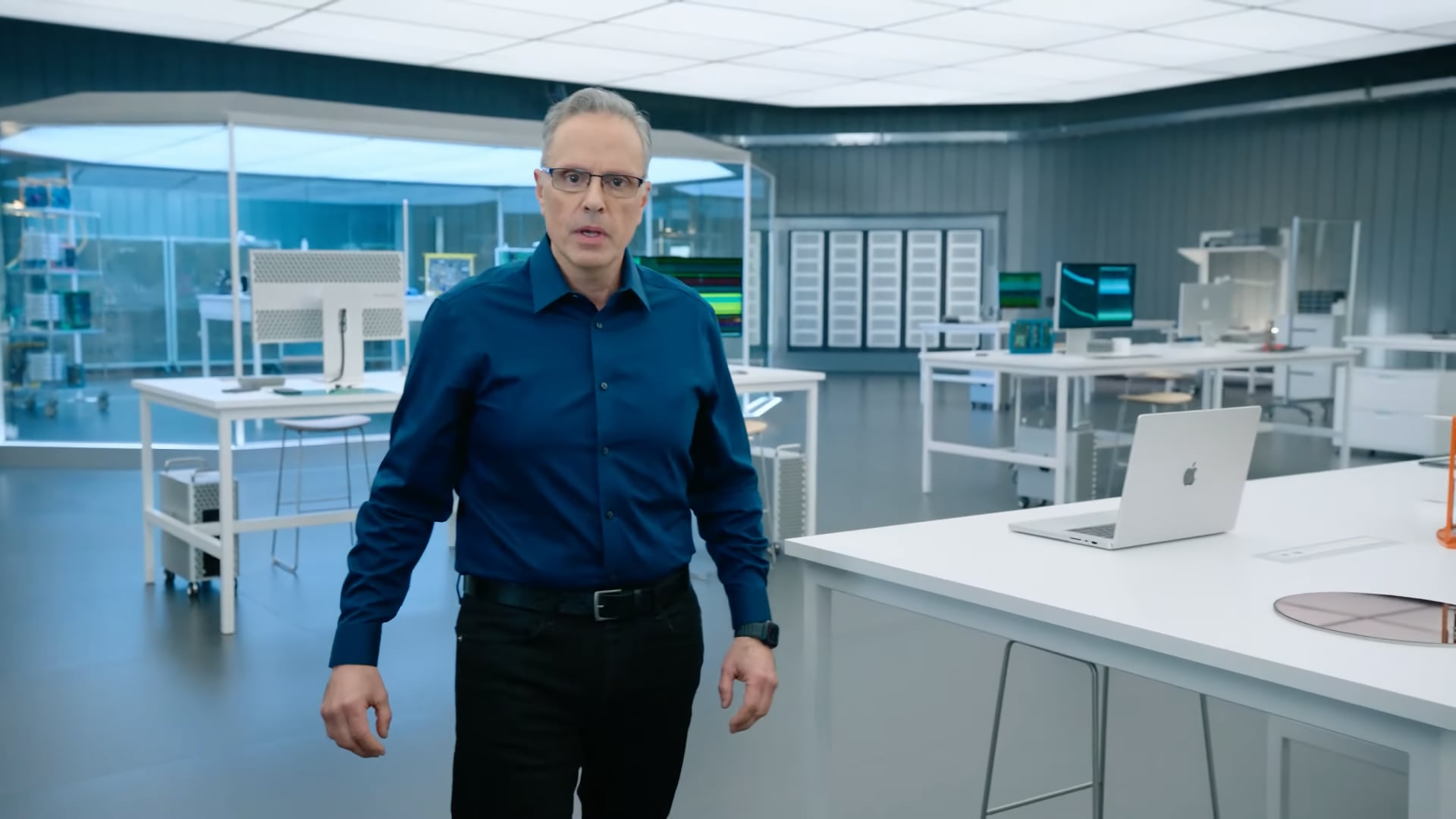Apple silicon head Johny Srouji talks chip development challenges in a rare interview

Johny Srouji reveals unknown tidbits about Apple’s in-house custom silicon operation, including M1 chip development struggles during the Covid-19 pandemic.
Apple’s Johny Srouji talks about custom chip development
Onetime Intel engineer and IBM executive Johny Srouji has been managing Apple’s custom silicon operation since joining the company in 2008 to lead the development of the A4, the first Apple-designed system on a chip. As senior vice president of hardware technologies, Srouji reports to CEO Tim Cook. He oversees global teams of several thousand silicon engineers across the globe including in San Diego, Germany’s Munich and his homeland of Israel. In a rare interview, Srouji sat down with Tim Higgins of the Wall Street Journal to talk about the challenges of M1 development during the pandemic. The interview reveals some previously unknown tidbits about the executive, 57 years old, known for demanding “hard truths” from his managers. Read: 33 things you should always do after setting up a Mac
Why go dump Intel in the first place?
For starters, Intel’s pace of innovation in 2017 seemed problematic:
“It was abnormally bad,” former Intel engineer François Piednoël was quoted in 2020 as saying by industry publication PC Gamer. “Our buddies at Apple became the number one filer of problems in the architecture. And that went really, really bad. When your customer starts finding almost as many bugs as you found yourself, you’re not leading into the right place.”
The move to custom Mac chips apparently prompted “robust debate” inside the company because a failure would be “embarrassing and costly.”
“First and foremost, if we do this, can we deliver better products?” Mr. Srouji said of the debate. “That’s the No. 1 question. It’s not about the chip. Apple is not a chip company.”
Another issue was scale.
“I don’t do it once and call it a day,” Mr. Srouji said. “It is year after year after year. That’s a huge effort.”
How the pandemic almost derailed the M1 rollout
As the coronavirus hit in 2020, supply chains struggled and people began working from home. This has created problems and caused delays for many companies, threatening to delay the rollout of the M1, Apple’s first custom Mac processor.
One of biggest worries came with the arrival of Covid-19, which threatened to derail years of prep ahead of the M1 chips’ fall 2020 debut. US companies implemented remote-work mandates just as Apple was to begin arduous testing to validate the chips before going into production—a labor-intensive process that involves engineers huddled over microscopes to inspect the early silicon for quality.
So how did they go about solving this problem?
Delaying the progress of new chips wasn’t an option. So Mr. Srouji worked to design a new testing process on the fly. The team set up cameras throughout the labs so engineers could inspect the chips remotely, people familiar with the work said. It was the kind of change that would have once been hard to imagine from Apple, where secrecy and control are paramount.
The first M1 chips passed final validation in 2020.
Intel → Apple silicon transition vs. PowerPC → Intel
The transition to Apple’s own chips threatened to cause headaches for software engineers at the company, which had relied for more than a decade on Intel chips for its Mac computers. Now those programmers had to write software that could work on both the old chips and the new ones—an issue the company had struggled with in 2006, when it moved to Intel chips from an earlier system known as PowerPC. That transition entailed numerous last-minute revisions to the laptop’s main circuit board, according to a person involved in that effort. “A lot of people were afraid we were going to have the same problem,” this person said.
The bit about revisions to the MacBook’s logic board sounds interesting.
Srouji tidbits
Here are a few interesting highlights concerning Srouji and Apple’s chip operation:
- An-ex colleague said Srouji’s team had become “central to product development” and his influence quietly grew over the years, especially as he demonstrated the ability to “balance engineering needs and business imperatives.”
- A 2019 rumor would have Srouji quit Apple to become Intel’s savior as CEO.
- Among his managers and third parties, Srouji is known “for demanding hard truths with the axiom that his meetings focus on problems, not successes.”
- Privately, Srouji is a car enthusiast with a particular taste for German engineering. “He likes his cars like his chips, he said: ‘Fast and furious.’”
Go ahead, read the whole fascinating interview over at the Wall Street Journal.
Source link: https://www.idownloadblog.com/2022/04/18/apple-silicon-johny-srouji-chip-development-wsj-interview/



Leave a Reply